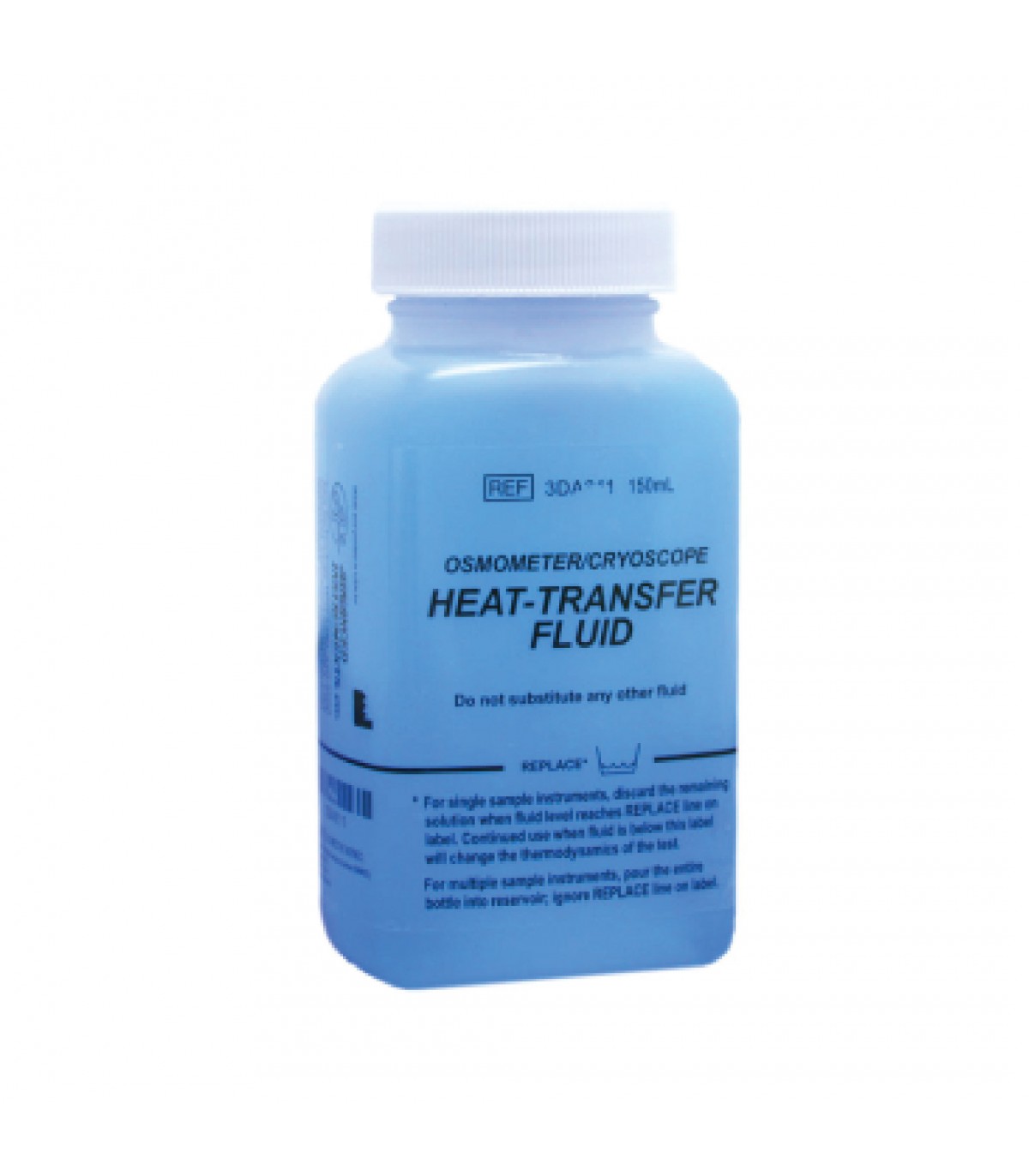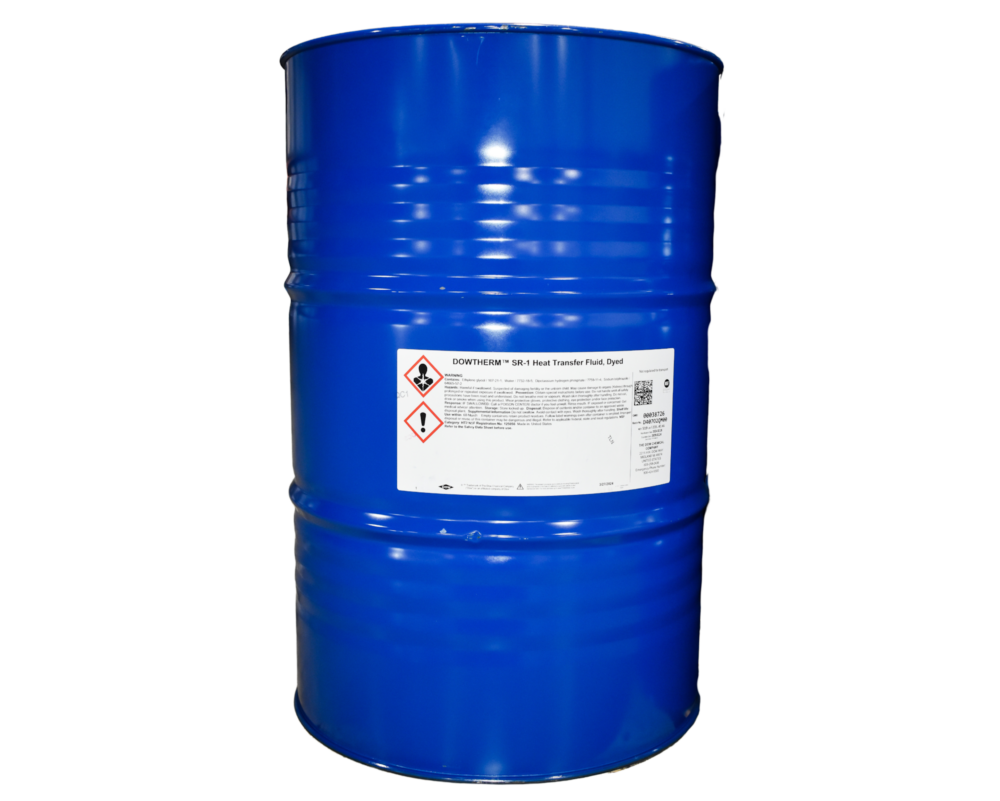Exactly how to Pick the very best Heat Transfer Fluid for Industrial Applications
Exactly how to Pick the very best Heat Transfer Fluid for Industrial Applications
Blog Article
Comprehending the Uses of Warmth Transfer Liquid in Industrial Applications
In the vibrant landscape of commercial applications, warmth transfer liquids (HTFs) are vital for keeping specific thermal law, critical to enhancing operational effectiveness and product high quality. From the ins and outs of chemical handling to the durable needs of power generation, HTFs are main to guaranteeing steady and effective warmth exchange.
Duty in Chemical Handling
In chemical processing, warm transfer liquids play a critical duty in preserving exact temperature control, which is necessary for optimizing response rates and guaranteeing product quality - heat transfer fluid. These liquids are critical in assisting in reliable heat exchange in between procedure tools, consequently making it possible for the guideline of thermal conditions within activators, purification columns, and other vital apparatus. Their ability to keep security under varying thermal loads and environmental problems makes them indispensable in chemical production
The option of an ideal warm transfer fluid is established by aspects such as thermal conductivity, particular heat capability, viscosity, and chemical compatibility with the procedure materials. High-performance liquids enable rapid heating & cooling, boosting the effectiveness of endothermic and exothermic responses. Their thermal security lessens the risk of degradation or contamination, which can lead to tools fouling and decreased procedure effectiveness.
Along with temperature policy, these fluids add to safety and security by protecting against overheating and decreasing the potential for thermal runaway responses. By offering consistent thermal monitoring, warm transfer liquids enhance procedure integrity and can result in substantial power savings. As chemical procedures come to be significantly intricate, the significance of choose and keeping optimal warm transfer fluids can not be overemphasized.

Power Generation Applications
Relocating from chemical processing to power generation, warm transfer liquids think a vital role in the production of power. In power generation applications, these fluids contribute in preserving optimum thermal efficiency and making sure the reputable procedure of power plants. Different sorts of power generation centers, including fossil fuel-based plants and focused solar power (CSP) systems, depend greatly on heat transfer fluids for reliable energy conversion.
In nonrenewable fuel source power plants, heat transfer fluids are utilized to move warmth from burning gases to water in boilers, producing heavy steam that drives generators. This process needs liquids with high thermal security and excellent heat transfer homes to stand up to severe temperature levels and pressures. Similarly, in CSP plants, warm transfer fluids distribute with solar enthusiasts, soaking up solar power and moving it to a main receiver where it is used to generate heavy steam. The heavy steam then powers wind turbines to create power.
The choice of heat transfer liquid in these applications is critical, as it influences the plant's performance, safety and security, and ecological footprint. Synthetic oils, liquified salts, and various other specialized fluids are frequently utilized, selected based upon their thermal security, heat capacity, and compatibility with system products.
Influence On Food and Beverage Industry

In addition to improving item high quality, warmth transfer fluids add to operational performance by decreasing energy intake and minimizing process times. Their thermal security and high warmth capability enable fast home heating and cooling cycles, resulting in enhanced throughput and cost-effectiveness. Moreover, the use of food-grade heat transfer liquids, which comply with stringent safety and security requirements, makes sure that there is no risk of contamination, therefore securing public wellness.
The versatility of warm transfer liquids enables their application across a wide array of food and beverage procedures, from dairy products and confectionery to developing and bottling. By optimizing temperature level control, these liquids play a crucial function in fulfilling see here now the advancing demands of the food and beverage sector while preserving high standards of quality and safety and security.
Relevance in Production

An essential facet of making processes across various markets is the effective administration of temperature, which is where heat transfer fluids show their value. These fluids play a crucial function in maintaining ideal temperatures for diverse procedures, guaranteeing item high quality, safety, and power effectiveness. In sectors such as chemical handling, drugs, and plastics, exact temperature control is crucial for responses, curing, and molding procedures. Heat transfer why not try these out liquids assist in these controlled atmospheres by soaking up, transferring, and launching heat as needed.
In manufacturing settings, warmth transfer fluids add dramatically to functional efficiency and cost-effectiveness. By reducing temperature fluctuations, they help in reducing energy consumption, therefore reducing functional prices and enhancing sustainability. They enhance the life expectancy of devices by avoiding overheating and thermal anxiety, which can lead to costly downtime and repair services.
Additionally, the convenience of warm transfer fluids enables them to be tailored for details applications, fitting a wide variety of temperatures and ecological problems. This adaptability guarantees constant efficiency, also in the most requiring commercial setups. Ultimately, the critical use warmth transfer fluids empowers suppliers to enhance their processes, boost item quality, and keep a competitive edge in an ever-evolving market.
Breakthroughs in Warm Transfer Technology
With advancements in warmth transfer technology, sectors are experiencing transformative enhancements in temperature level administration systems. Modern HTFs, such as nano-fluids, show improved thermal conductivity and security, which considerably improve warm exchange processes.
In addition, the combination of clever innovation and digital surveillance systems has actually transformed warmth administration. Advanced sensing units and IoT devices supply real-time data analytics, making it possible for exact control and optimization of heat transfer procedures. This causes boosted safety and security, reduced downtime, and extended devices life-span.
Additionally, the development of magnetic and phase-change materials in warm transfer applications marks a substantial leap ahead. heat transfer fluid. Magnetic liquids, for example, deal fast warmth dissipation via magnetic field control, while phase-change products successfully save and launch thermal power throughout stage changes
These technological strides are not only improving efficiency in traditional sectors such as chemical processing and power generation but are also fostering development in emerging fields like renewable energy systems and electronic air conditioning, leading the means for lasting commercial procedures.

Verdict
Warmth transfer fluids are essential to industrial applications, supplying exact temperature control and improving operational performance. Developments in warm transfer technology proceed to optimize these features, highlighting the vital role of HTFs in commercial processes.
Report this page